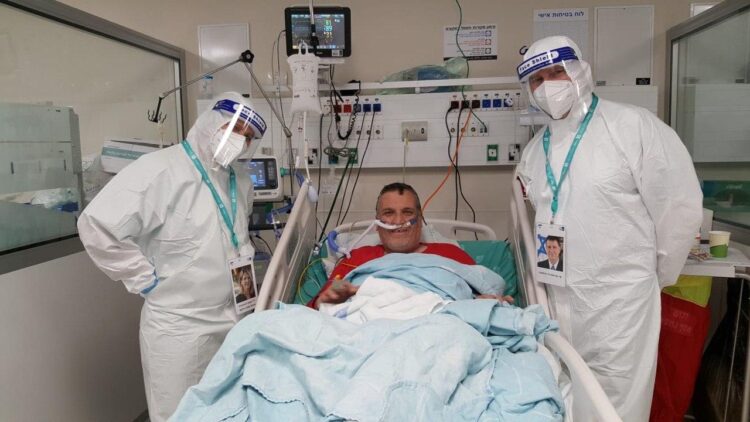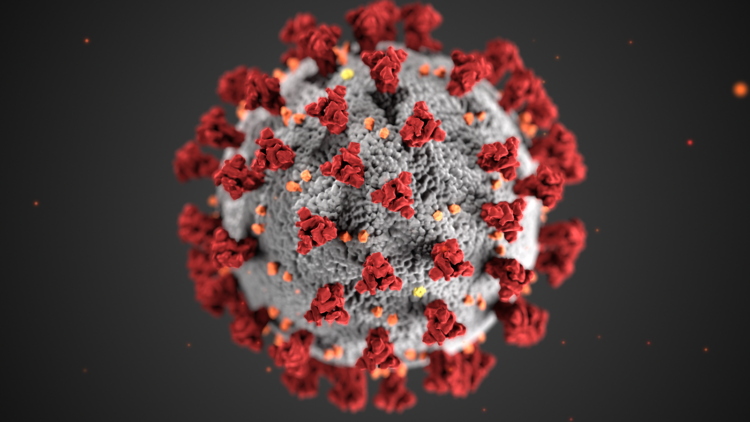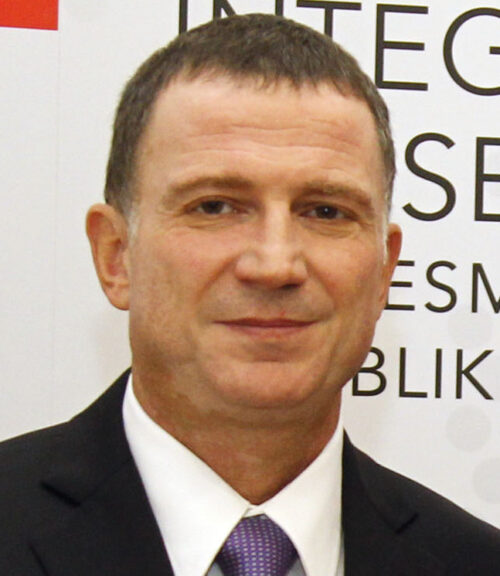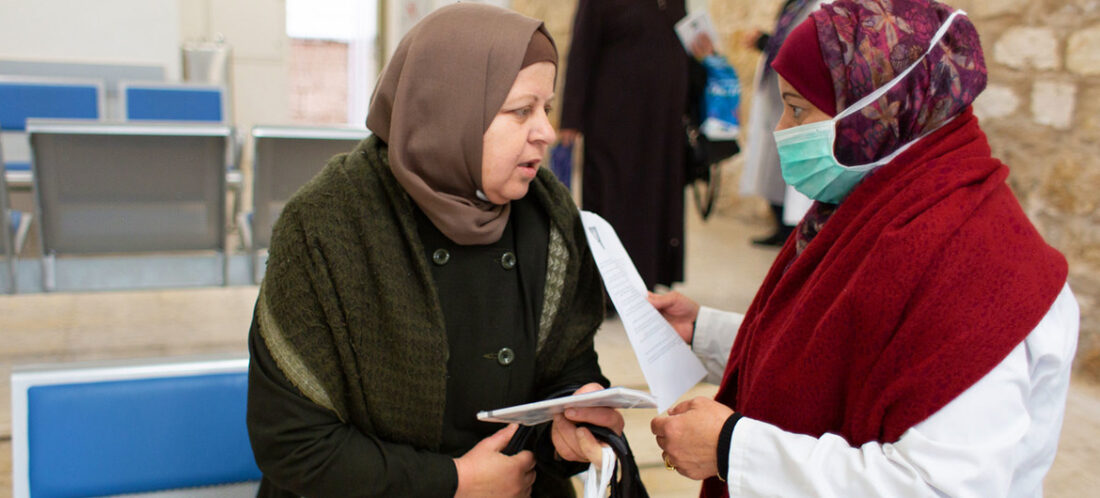Israel has amassed an exemplary record in vaccinating its population against the Covid-19 virus. Since December, three out of nine million Israeli citizens have been immunized with the Pfizer vaccine.
Nonetheless, the pandemic has killed nearly 5,000 Israelis, and Israel has gone through three lockdowns to contain its deadly effects.
Israel, a hub of the global high-tech industry, leads the world in per capita coronavirus vaccinations. And if the supply chain runs smoothly, which has not been the case so far in Canada, the United States and other countries, Israel may well succeed in vaccinating the bulk of its population, including Jewish settlers in the West Bank, by the end of March.

This would be a remarkable success story, a testament to Israel’s ability to mobilize its finite resources to deal with a major threat.
But even as the Israeli government is praised for its organizational skills, it has been lambasted for failing to provide the vaccine to 2.8 million Palestinians in the West Bank. To date, the virus has claimed the lives of more than 1,800 Palestinians in the West Bank and the Gaza Strip.
The Palestine Liberation Organization has urged the international community to pressure the Israeli government to provide vaccines to Palestinians in areas of the West Bank that Israel controls. Under the 1995 Oslo agreement, more than three-quarters of the West Bank is either fully or partially occupied by Israel.
Human rights activists contend that Israel is required under the Fourth Geneva Convention to maintain health services in the occupied territory, adding that the right to health is a fundamental human right.
The Israeli government’s counter argument is that, under the 1993 Oslo accords, Israel is not responsible for public health in the West Bank, and that the task of procuring, distributing and administering the vaccine falls on the shoulders of the Palestinian Authority.

Israel claims the Palestinians have not formally requested assistance, but the Palestinian Authority says that Israel rejected an appeal for 10,000 vaccines for frontline healthcare workers in the West Bank.
The Israeli government also points out that the Palestinian Authority refused to accept two separate shipments of medical equipment flown to Israel from the United Arab Emirates last year.
Knowing full well that Israelis and Palestinians interact and that Israel cannot achieve herd immunity without the full immunization of the Palestinians, the Israeli government on January 31 announced that it will transfer 5,000 doses of the vaccine to immunize Palestinian front-line medical workers.
This marked the first time that Israel has confirmed the transfer of vaccines to the Palestinians.
In addition, Israeli officials have said that Israel will consider sending a larger quantity of vaccines to the Palestinians once all Israeli citizens have been immunized.
As King Abdullah II of Jordan told the World Economic Forum in Davos, Switzerland, recently, “You cannot vaccinate one part of your society and not the other and think you are going to be safe. That is the number one lesson that Covid-19 has taught us.”
Israeli Health Minister Yuli Edelstein told Sky News recently that Israel is obliged to vaccinate only its own citizens.

“I don’t think there’s anyone in this country, whatever his or hers views might be, who can imagine that I would be taking a vaccine from an Israeli citizen, and, with all the goodwill, give it to our (Palestinian) neighbors,” he said.
Israel has vaccinated both its Jewish and Arab citizens, Palestinian prisoners, as well as Palestinian Arabs in East Jerusalem, which was annexed by the Israeli government in 1967. The Palestinians of East Jerusalem, which is claimed by the Palestinian Authority as its future capital, are officially residents of Israel and are thus entitled to the same health care benefits as Israeli citizens.
The Palestinian Authority has ordered two million doses of the vaccine from AstraZeneca, but they are expected to arrive until March. The Palestinians are also expecting a batch of Sputnik V vaccines from Russia, as well as vaccines from Covax, an international consortium comprising the World Health Organization, the European Commission and France.
In the meantime, the vast majority of Palestinians remain unvaccinated and therefore unprotected.
